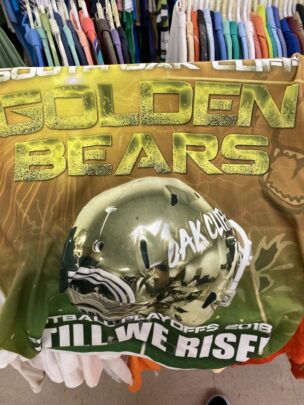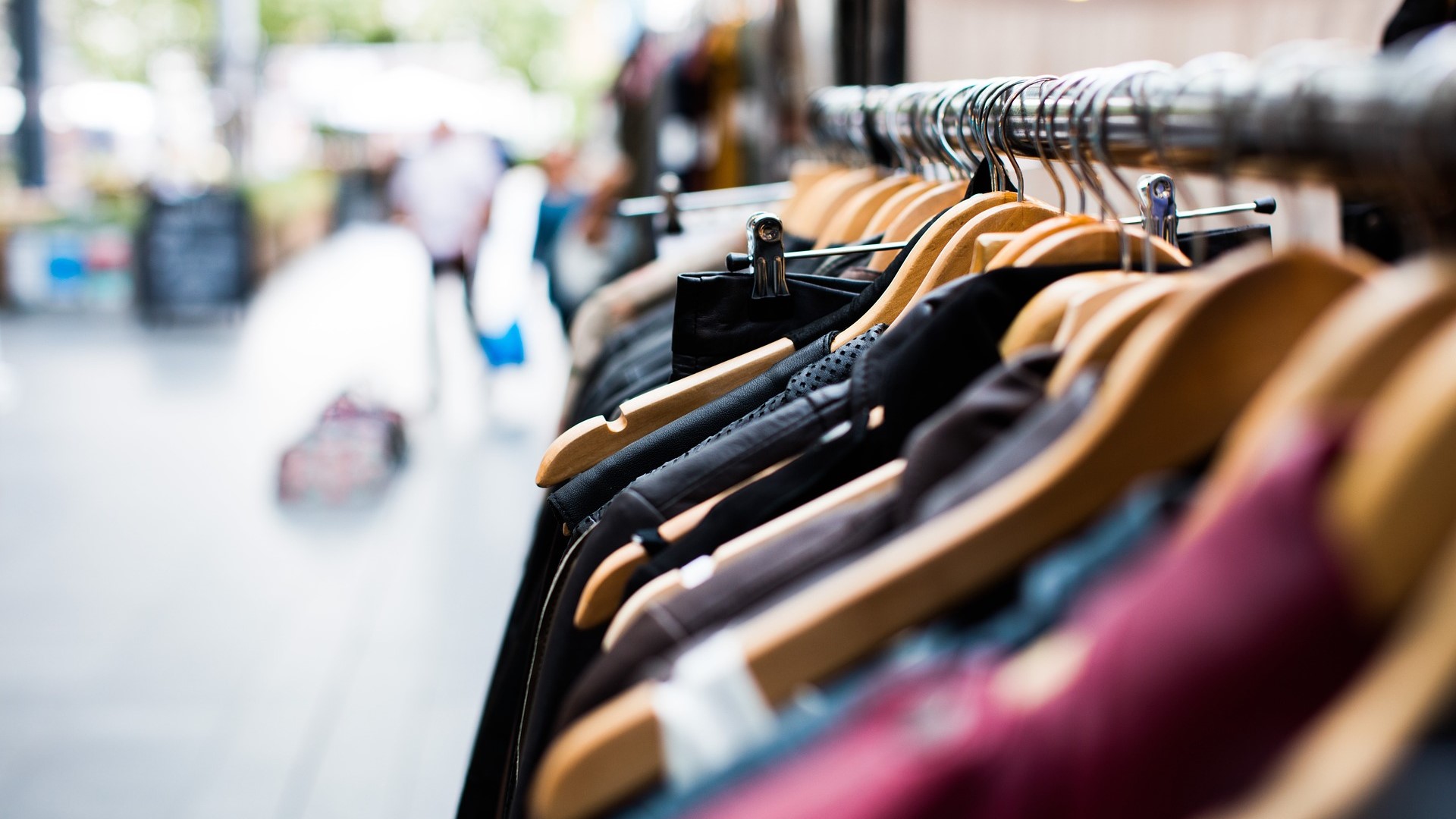Shopping for new clothes this season can be a hassle. Most people however do not question or pay much attention to where and how they shop, which can not only contribute to added waste but also participating in unethical systems. Here is a guide on how to become a more sustainably conscious shopper.
Do NOT shop fast fashion
Fast fashion refers to the manufacturing and design method of mass production of clothes which focus on “rapidly producing high volumes of clothing”. These articles of clothing are produced quickly to reflect the current trends and due to their nature are often of low quality materials that do not last very long. Furthermore, fast fashion is done in sweatshops where working conditions are abysmal and the workers are paid close to free. Avoid fast fashion brands like Zara (the pioneer of fast fashion), H&M, Shein, Gap, Forever 21, and UNIQLO. Furthermore, a majority of brands like Nike have fast fashion-like characteristics such as having sweatshops mass produce their products. Although fast fashion is a contributor to environmental issues and produces tons of waste and emissions per year, it is worth noting that these brands have made clothing accessible to many in need. Thus, Fast fashion should not be practiced, but if you are from a lower financial status, we should not harass someone from shopping fast fashion if they cannot afford anything else.
DO buy second hand/local

Instead of buying new clothes, a smart sustainable way to be more environmentally conscious when shopping is to buy local/second hand clothes from vintage stores, thrift store, etc. by buying second hand, you are participating in the circular economy by reusing a sturdy article of clothing until it is no longer usable. In addition to thrifting, shopping from a local, small business is also a must. Doing so not only boosts the economy in the area but also keep the business in business.
Therefore a solution to improving on fashion would be to ditch fast fashion in favor of thrifted, second-hand clothing, or local clothing. Although there is no right way, I hope this helps! If interested in high-priced vintage clothing, the Lucky Flea market now hosts their market of vintage clothes off campus every sunday.
Written by Lugardo Marroquin ‘24

